Taking a gap year, or leave of absence, from university might seem like a major decision that requires careful consideration. These three NTU students tell us why they have absolutely no regrets taking that leap of faith
by Chrystal Chan
Han Guang
School of Mechanical & Aerospace Engineering
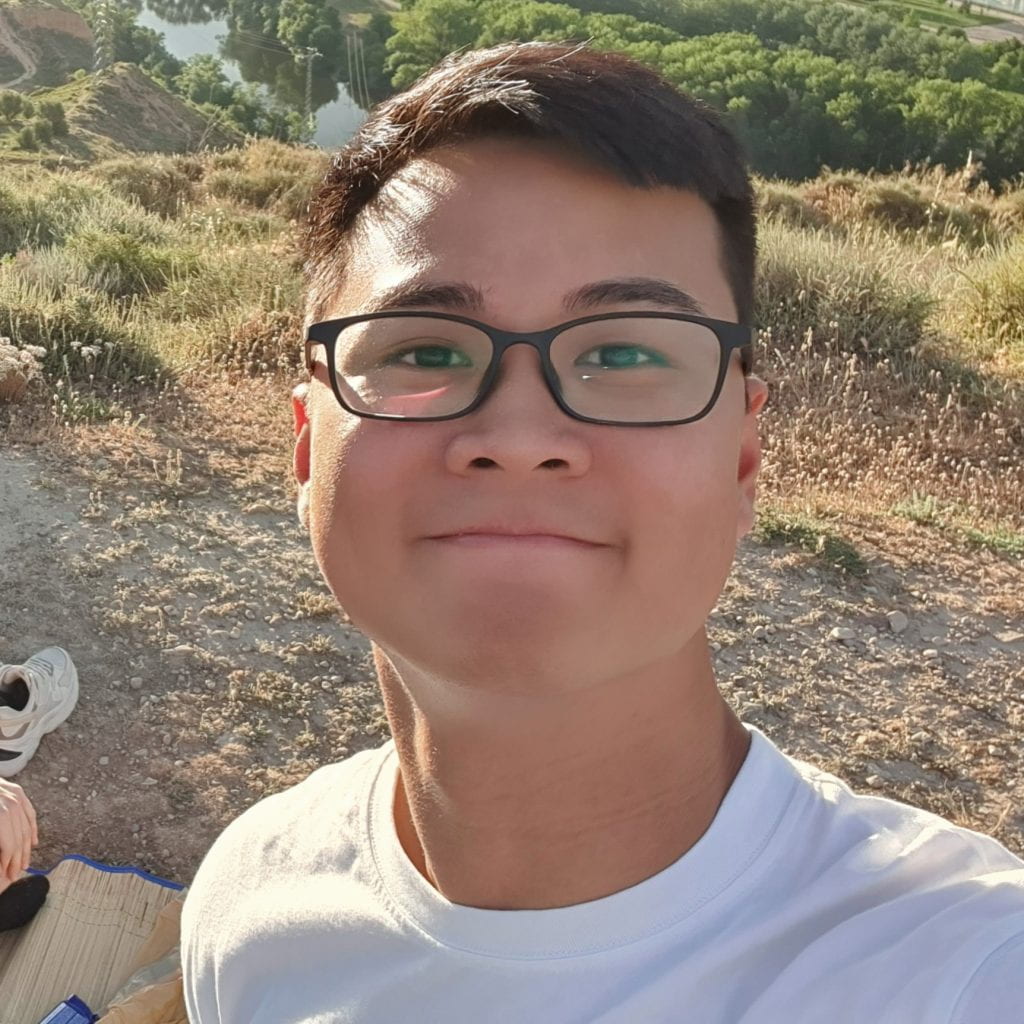
“I took two years off university to teach English in Spain”
How did your Spanish interlude come about?
I’ve been in La Rioja, a part of Spain known for its wineries and idyllic countryside, teaching English to Spanish students. I got this stint under the Language and Culture Assistant Programme. I first found out about this programme set up by the Spanish government during my second year in NTU when it was newly offered to Singaporeans. The opportunity couldn’t have come at a better time for me.
Do you have to be fluent in Spanish to teach in Spain?
Fortunately, that’s not necessary! In fact, it is better if you are not proficient in Spanish as the students will learn faster if they are taught in simple English rather than in Spanish. Before I left Singapore, I was at Spanish Level 2 proficiency. Once I reached La Rioja, I realised the people here speak a regional slang that is different from what I had learnt in class. It was as if I had zero knowledge of the language apart from basic grammar rules.
Gap year or gap semester?
I have been here since September last year and will be continuing my studies in the new academic year in 2023. That means I’m taking two years off!
What made you take the leap?
I wanted to learn more about the world and its culture and people. For some time, I felt like I hadn’t grown enough as a person, living too comfortably in Singapore. I wanted to leave familiar territory and come back with a brand new perspective on life, and apply this way of thinking to everything I do.
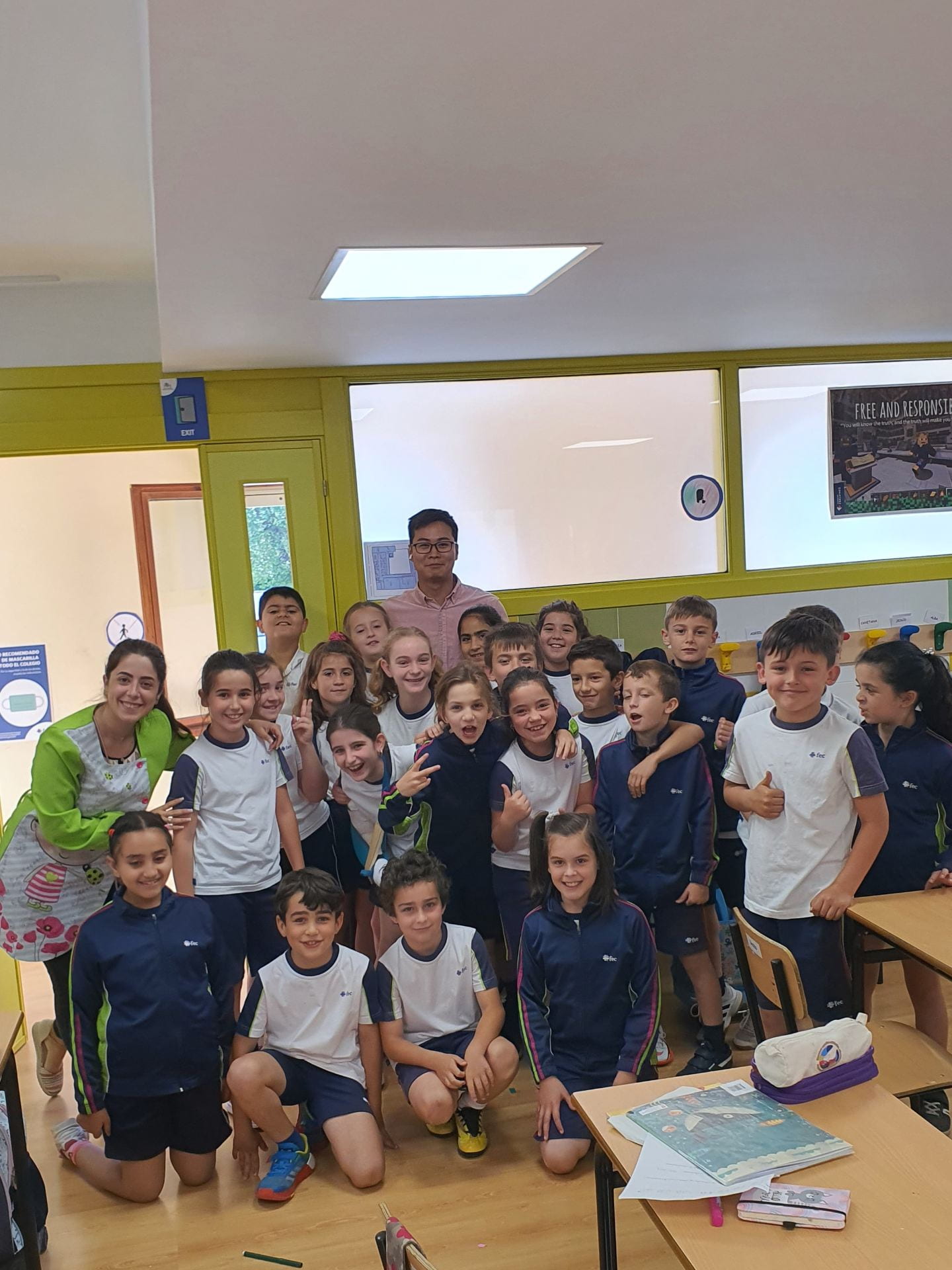
How did your parents react to your decision?
My parents were very supportive. My dad immediately suggested I do this programme for two years instead of one, as he understood the value of such exposure. My mum was also glad for me to do this, but she thought one year was sufficient as she wanted me to graduate earlier.
Did you share your mum’s concerns about graduating later than your classmates?
It was not a concern until my mum brought it up! Personally, I see no merit in graduating at the same time as my peers, or even earlier. Everyone is on a different timeline. My female classmates from junior college are already ahead of me by two years. Also, I feel that the things I’ve learnt through this programme, such as work ethic, will be more valuable than graduating on time.
Describe a day in your life in La Rioja.
My day begins at dawn – at 7am sharp. As the school I teach at is a 20-minute drive away, I try to carpool with the other teachers. We’re in school by 8am. When lessons end around 2.30pm, I may go for coffee with some of the teachers or plan my lessons for the next week. I also use the break time to hang out with my students or play basketball with them. In the evenings, I give extra tutoring classes to help with my expenses. After that, I either make my own dinner at home – I love to cook – or go for dinner with my colleagues at Calle Laurel, a street in La Rioja famous for its selection of bars and pinchos, the Spanish version of finger food.
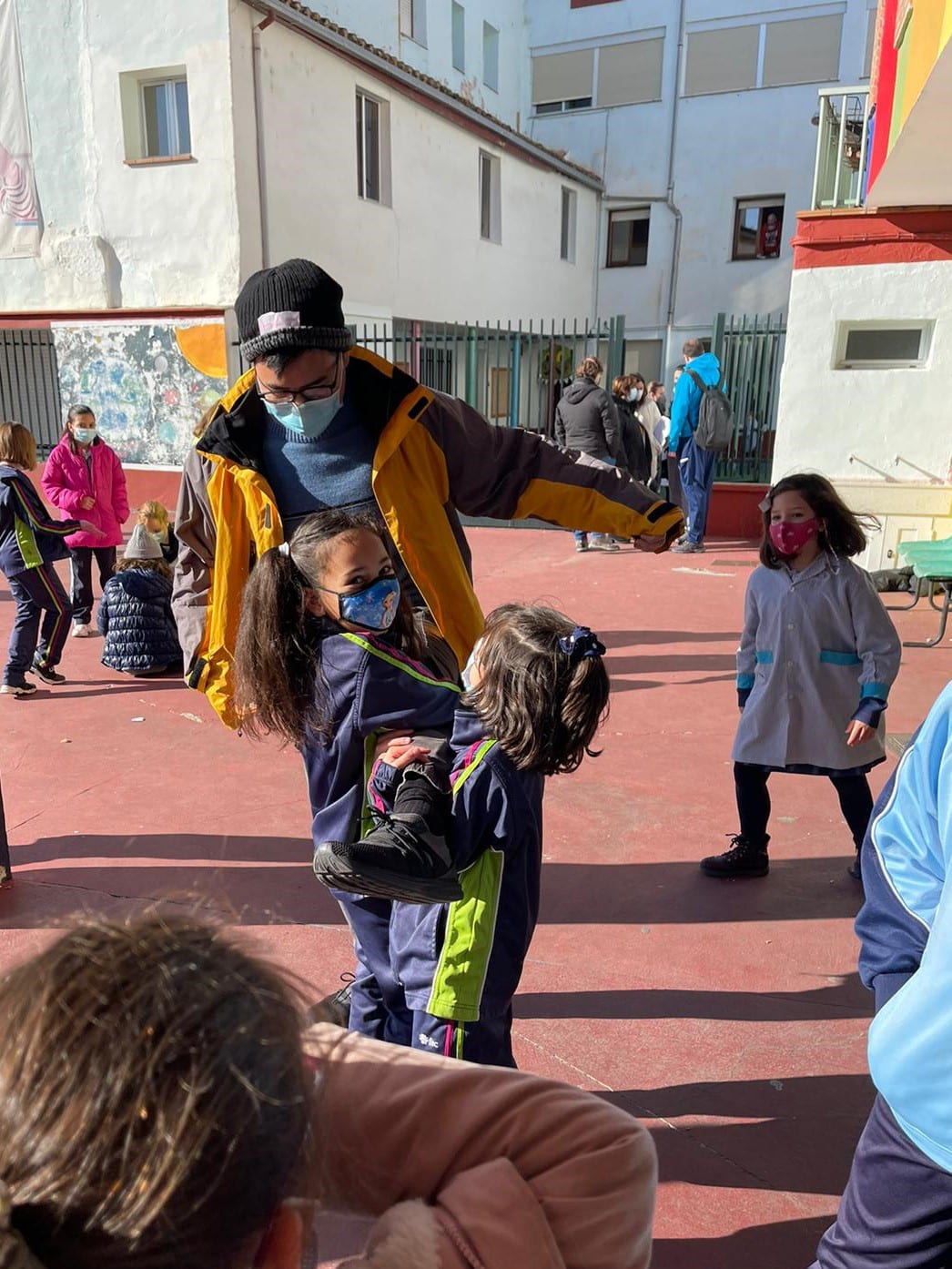
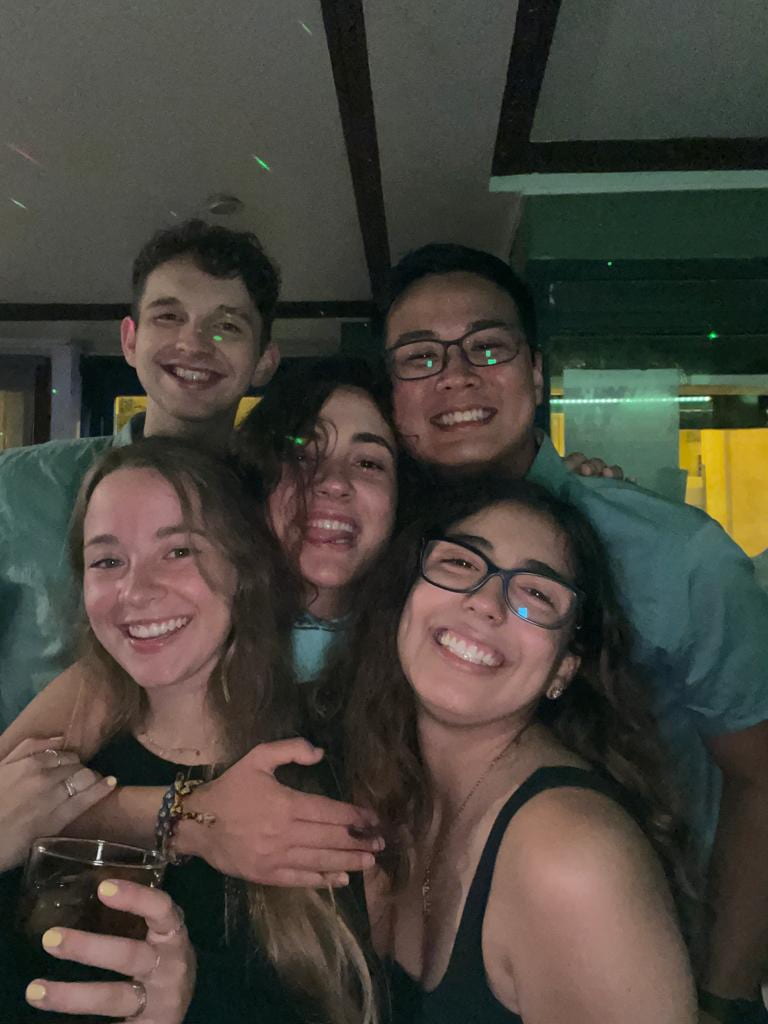
Has it been worth it?
Undoubtedly. I’ve opened my mind to a world beyond Singapore, where we can be so focused on accomplishments and the daily grind that we forget to look inside ourselves. In Spain, everyone asks “How are you?” as a greeting. I started to examine myself more and this changed my outlook on life. I realised I’ve taken a lot back home for granted, such as how efficient the bureaucracy is in Singapore and how good the quality of life is there. I probably wouldn’t have appreciated all this had I not come here. I feel more well-rounded as a person now. There are some things you just can’t learn in the classroom.
(below) Sunny days in Cádiz, Spain.

Andy Kwek
Nanyang Business School

“I represented Singapore in badminton in eight countries during my gap year”
Tell us about your gap year.
I chased a shuttlecock around and got better at doing that. During those eight months, I also travelled to Sweden, Estonia, Ukraine, South Korea, France, Italy, Denmark and Philippines and took part in badminton competitions in these countries.
Why did you decide to take a gap year?
I couldn’t compete professionally for two years due to the pandemic. So I was excited when I heard about the chance to take part in three back-to-back badminton competitions in Europe. I also wanted to participate in the Southeast Asian (SEA) Games, which would take place around the same time as my exams, and had hoped to avoid a situation where I try to do well in both and end up doing well in neither. After speaking to my school, I decided to take a leave of absence during my second year in NTU.
No regrets?
None at all. In fact, the gap year was a boon for my badminton career. Not only did I win the Swedish Open, I was also the runner-up at the Estonian Open. I also won the bronze medals at the SEA Games, Badminton Asia Team Championships and Commonwealth Games, plus qualified for the Thomas Cup Final and Asian Games. And, of course, it was great making many international friends.
Do you have any advice for juniors considering a gap year?
Go for it if it’s an opportunity to do something you’re truly passionate about. You will not regret it because nothing beats real-world experience. The application process is pretty hassle-free – you just need to fill out an online form.
“Taking a gap year is an enriching and meaningful way for students to expand their skills, experience different cultures or pursue interests and passions beyond the classroom. Over the past 10 years, students have embarked on gap years to start their own businesses, take up non-credit bearing internships to explore career options, volunteer their time to support social causes they believe in or train for major sporting competitions. NTU students are allowed to take up to three gap years over the entire duration of their studies. Some take a semester’s leave. Either way, students gain in terms of their overall development.”
Prof Gan Chee Lip, Associate Provost (Undergraduate Education)
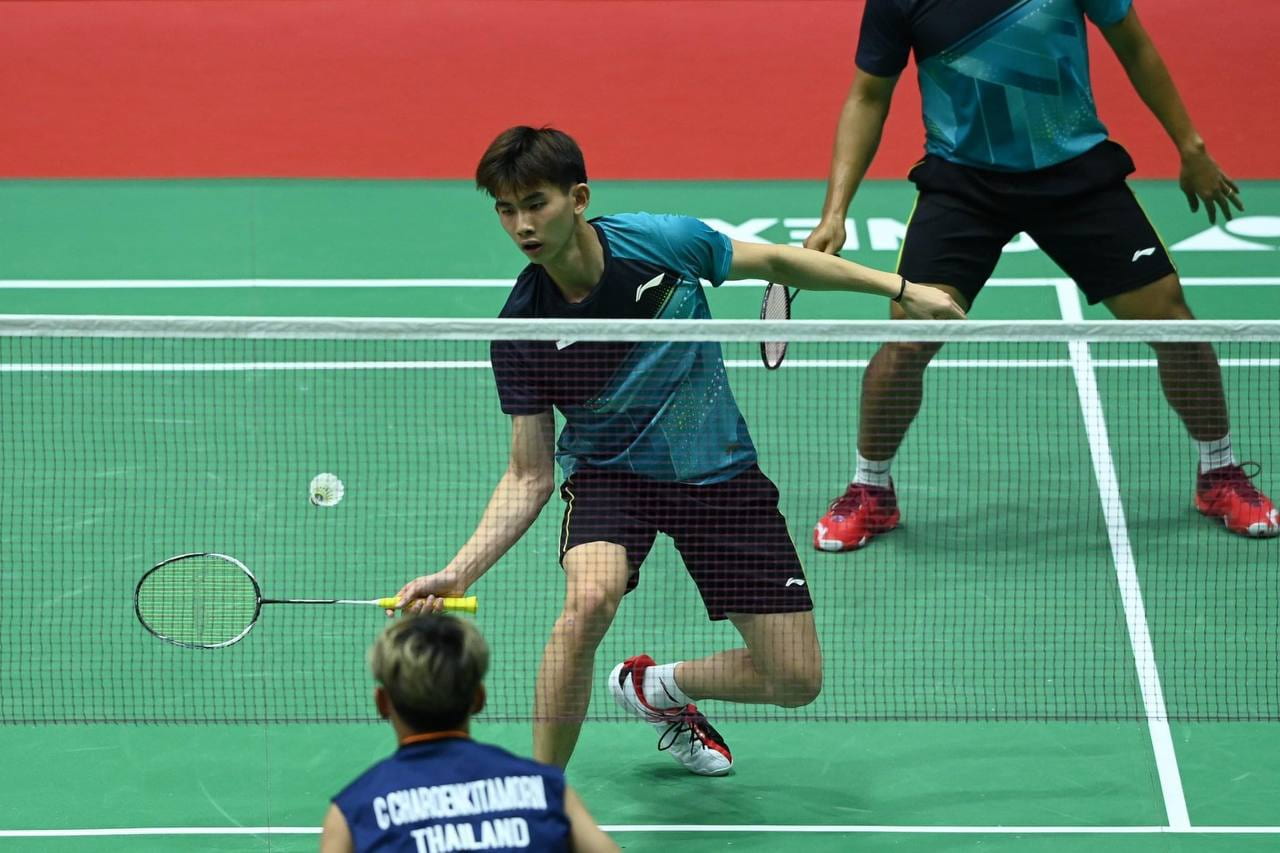
Lim Yan Ling
Lee Kong Chian School of Medicine
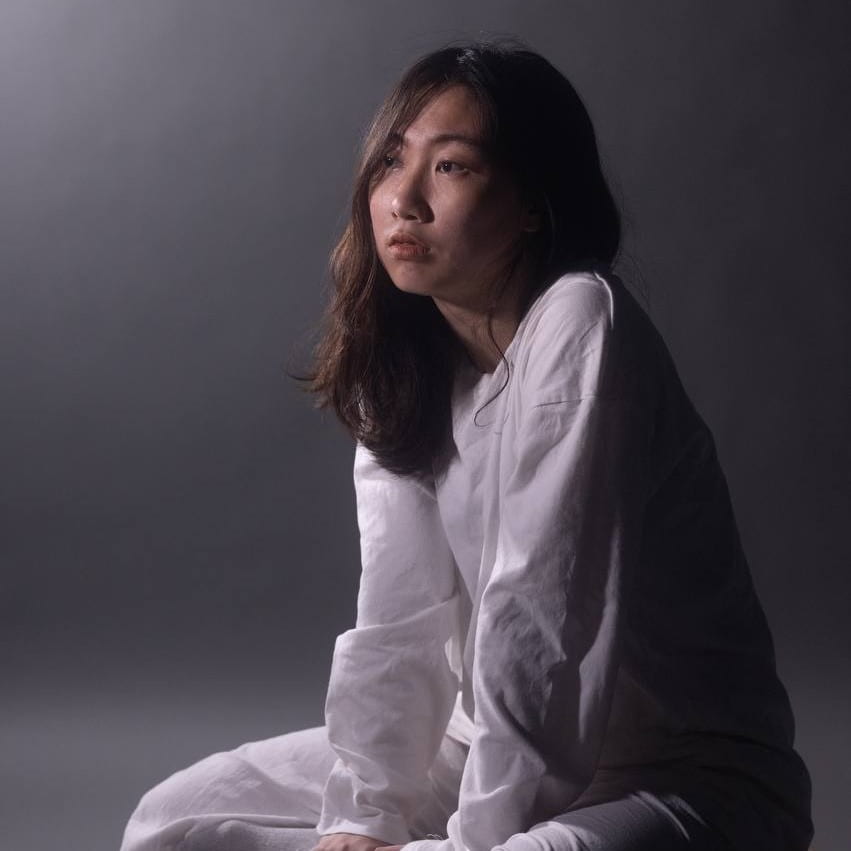
“I danced my heart out before medical school”
What influenced your decision to start a gap year two months into medical school?
I have been, and still am, in love with dance, especially breaking. I know it is something I want to do for as long as I can. I felt I needed to reach a certain level of expertise before plunging headfirst into school. Otherwise, it would be hard to dedicate hours of practice after becoming a fully fledged doctor.
Aren’t you able to dance on weekends?
I can, but I know that progress will be slow. Even if I practise two days a week, the intensity of that training would be too low. I wanted to use the gap year to go all out. Breaking will make its Olympic debut in 2024, so I told myself there’s no better time than the present to hone my skills.
Describe your gap year in one word.
Amazing – to say the least. I achieved all that I wanted to and much more. I improved significantly in breaking and managed to overcome mental blocks that prevented me from performing certain moves, like handstands. I even got to take part in a theatre production.
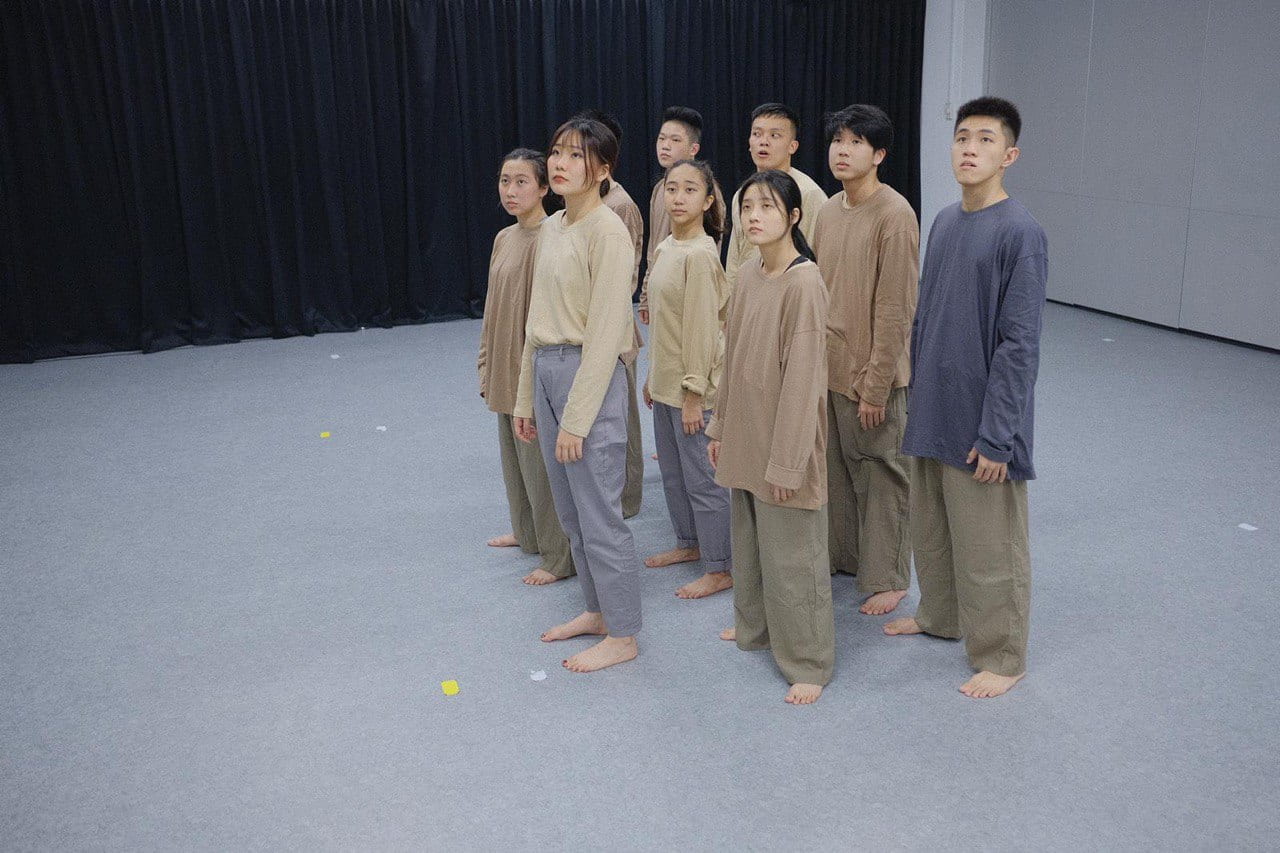
Apart from getting better at dance, how else did you benefit from the gap year?
I had been working hard to qualify for medical school and needed a good break. When I was not breaking, I used my time wisely to recuperate and was able to clear my sleep debt. I also managed to re-evaluate my priorities and I am now certain that I want to keep dancing, even as a full-time doctor.
Did your parents raise any objections about your plan to take time off from school?
Not at all! They helped me list down some pros and cons, but told me that they would support whatever decision I made. I’m extremely thankful to have such supportive parents.
How does it feel to be back in school?
I’ve had to restart my first year and so far I’m managing all right! I still haven’t stopped dancing so that’s the only tiring part – having to do my projects on top of dance.
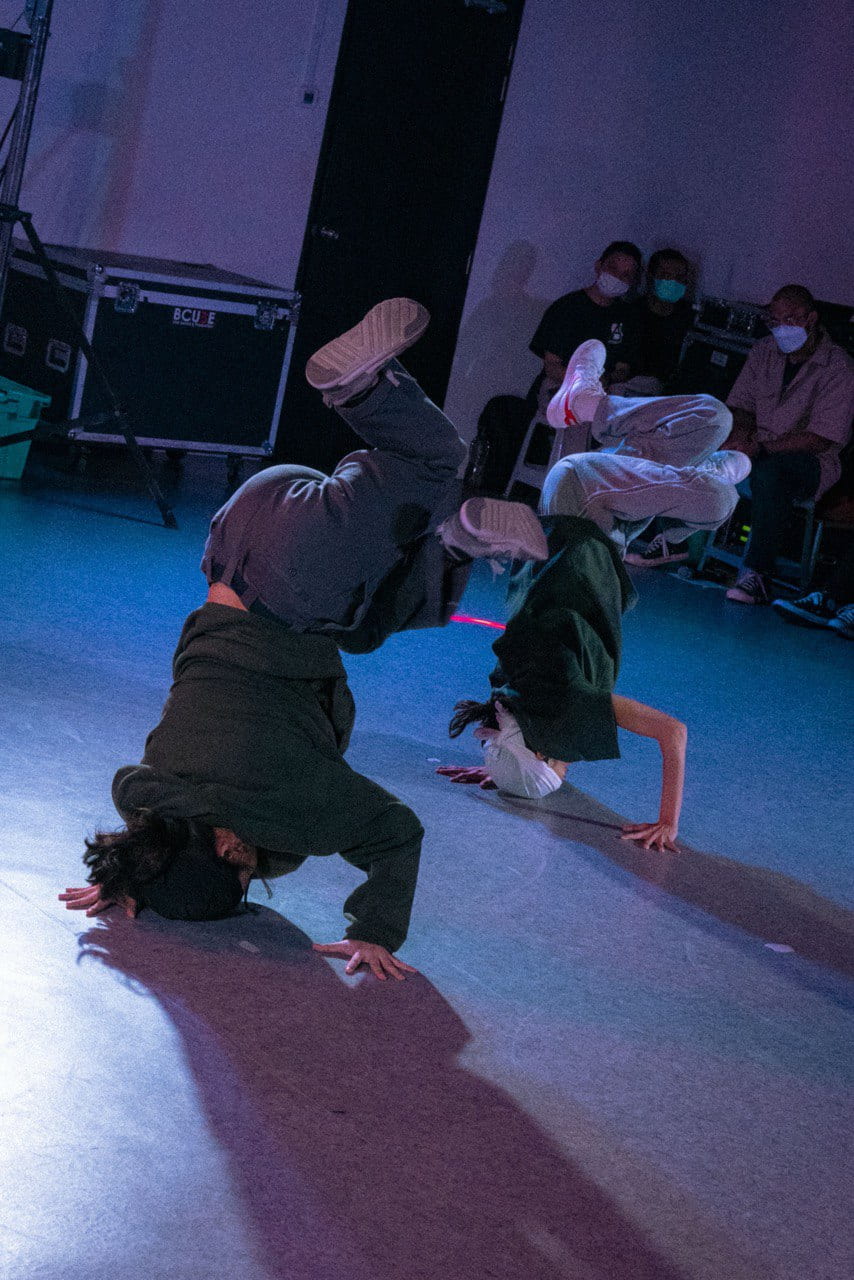
This story was published in the Oct-Dec 2022 issue of HEY!. To read it and other stories from this issue in PDF format, click here.

